The Smart Homeowner’s Guide to Heat Pump Installations
As homeowners become more conscious of their energy use and utility costs, heat pump installations are quickly gaining popularity as an efficient, long-term solution for indoor climate control. Offering both heating and cooling in a single unit, heat pumps stand out for their ability to maintain comfort while lowering energy bills and environmental impact.
Whether you're upgrading from an outdated HVAC system or outfitting a new build, installing a heat pump could be one of the smartest investments for your home. This guide explores what heat pumps do, how they can benefit your home, and what to expect from the installation and maintenance process.
Understanding How Heat Pumps Work
A heat pump doesn't generate heat like a furnace. Instead, it moves heat from one place to another. In colder months, it extracts heat from the outside air—even when it’s chilly—and transfers it indoors. During warmer seasons, it works in reverse, pulling heat from your interior spaces and expelling it outdoors. This heat transfer process is more efficient than traditional heating and cooling methods because it requires significantly less energy.
Thanks to this design, heat pump installations offer year-round performance using a fraction of the energy consumed by conventional HVAC systems. This efficiency not only contributes to lower energy bills but also reduces your carbon footprint. For homes located in moderate to slightly colder climates, modern high-efficiency heat pumps can meet heating and cooling needs comfortably without supplemental systems.
Choosing the Right Heat Pump for Your Home
Before committing to a heat pump installation, it's important to assess the type and size of system that will best match your home. Air-source heat pumps are the most common option and work well in a wide variety of climates. Ground-source or geothermal systems offer even higher efficiency but typically come with higher installation costs and are best suited for homes with enough yard space for underground piping. Meanwhile, ductless mini-split systems are ideal for older homes without existing ductwork or for supplemental control in certain rooms.
The right system depends heavily on your home’s square footage, insulation quality, climate zone, and energy goals. An experienced HVAC contractor can conduct a thorough load calculation to determine the correct capacity for your space, helping you avoid an oversized or undersized unit. Proper sizing ensures you get maximum efficiency and comfort from your new installation.
Ensuring Professional Installation Quality
One of the most critical elements of a successful heat pump installation is the quality of the installation itself. Even the most advanced and efficient system can underperform if it’s not installed correctly. Professional HVAC technicians follow precise guidelines for refrigerant charging, airflow calibration, and thermostat setup to ensure optimal system performance.
In addition to these technical factors, proper installation includes sealing and insulating any ductwork, optimizing placement for airflow, and testing the unit across different modes. These details may seem minor, but they significantly affect the long-term efficiency and durability of your system.
Working with a certified HVAC professional not only ensures compliance with local building codes but also protects your warranty. Many manufacturers require installation by licensed technicians for the warranty to remain valid, further underscoring the importance of choosing a qualified contractor.
Realizing Long-Term Savings from Heat Pump Installations
The initial cost of heat pump installations can vary widely depending on system type, home layout, and existing infrastructure. However, the potential for long-term savings is significant. Because heat pumps operate so efficiently—especially when replacing aging or energy-hungry systems—many homeowners see noticeable reductions in monthly energy bills.
Over time, these utility savings can help offset the upfront cost of the system. Some homeowners also qualify for tax credits, rebates, or utility incentives, which can lower the out-of-pocket expense for heat pump installations. With proper sizing and expert installation, many systems pay for themselves within several years through reduced operating costs.
Additionally, energy-efficient systems often increase home value. Prospective buyers appreciate the appeal of lower energy bills and modern comfort solutions. A heat pump installation may very well become a selling point that makes your property stand out in the market.
Performing Regular Maintenance for Optimal Performance
While heat pumps are known for their durability and reliability, regular maintenance is crucial to keeping them running efficiently. Scheduling routine check-ups can help extend the life of your system, ensure consistent performance, and catch any emerging issues before they become costly repairs.
According to HomeServe, if your HVAC system is older than five years, it’s recommended to schedule two tune-ups annually—typically once before the heating season and once before the cooling season. These tune-ups allow technicians to inspect components, clean coils, check refrigerant levels, and verify that the system is functioning as it should.
Even if your heat pump is newer, preventive maintenance remains important. Seasonal checks help maintain peak efficiency, improve indoor air quality, and reduce the likelihood of unexpected breakdowns. For homeowners who rely on heat pump installations as their sole source of temperature control, keeping the system in top shape should be a priority.
Recognizing Signs for System Upgrades
If you’re already using a traditional HVAC system, you may be wondering whether it’s time to consider upgrading to a heat pump. Several signs may point to the need for a change. Frequent repairs, uneven temperatures, rising energy costs, and noisy operation are all indications that your current system may be approaching the end of its useful life.
In our experience, older systems—especially those over 10 to 15 years old—often lack the efficiency and smart features offered by modern heat pumps. Replacing them with a more efficient option can lead to better comfort, lower utility bills, and fewer maintenance issues. Heat pump installations can also be an excellent solution when renovating or adding on to a home, as they provide flexible options that don’t always require major structural changes.
For homes already using a heat pump, watch for signs like reduced airflow, declining efficiency, or unusual sounds. These may suggest it’s time for a system replacement rather than just a repair. An HVAC professional can evaluate your current setup and advise whether a new installation would deliver better results.
Preparing for the Heat Pump Installation Process
The process of heat pump installation generally begins with a home evaluation. Technicians assess your home's layout, insulation, and ductwork, if applicable. Based on this assessment, they recommend a system size and type that fits your heating and cooling needs.
Once the system is selected, the installation typically takes one to three days, depending on the complexity of the job. This includes setting up the indoor and outdoor units, running necessary electrical lines, and configuring thermostats and zoning controls. After installation, the system is tested in both heating and cooling modes to ensure it operates correctly.
You’ll receive instructions on how to use your new system, schedule future maintenance, and register any warranties. A reputable contractor will also walk you through troubleshooting basics and explain how to maximize your system's efficiency.
Evaluating Whether a Heat Pump Is Right for Your Home
Whether you’re dealing with an unreliable HVAC system or looking to lower your carbon footprint,
heat pump installations present an attractive solution. Their energy efficiency, dual-purpose functionality, and low operating costs make them a worthwhile investment for many homeowners.
Before making the switch, take time to evaluate your home’s unique needs. Consider your regional climate, insulation levels, and whether your existing infrastructure supports a new system. Speak with local HVAC professionals who specialize in heat pump installations to get tailored advice and accurate cost estimates.
Heat pump installations provide a smart and energy-efficient alternative to traditional HVAC systems, offering both comfort and savings all year long. With the right system choice, quality installation, and regular maintenance, homeowners can expect dependable performance and reduced energy costs over time. As more people seek sustainable solutions, choosing a modern heat pump improves your home’s comfort while increasing its overall value. If you're considering an upgrade to your heating and cooling system, this is an ideal time to look into the advantages of a professionally installed heat pump. If you want to lower your home heating and cooling costs, call the team at Majic Air today!


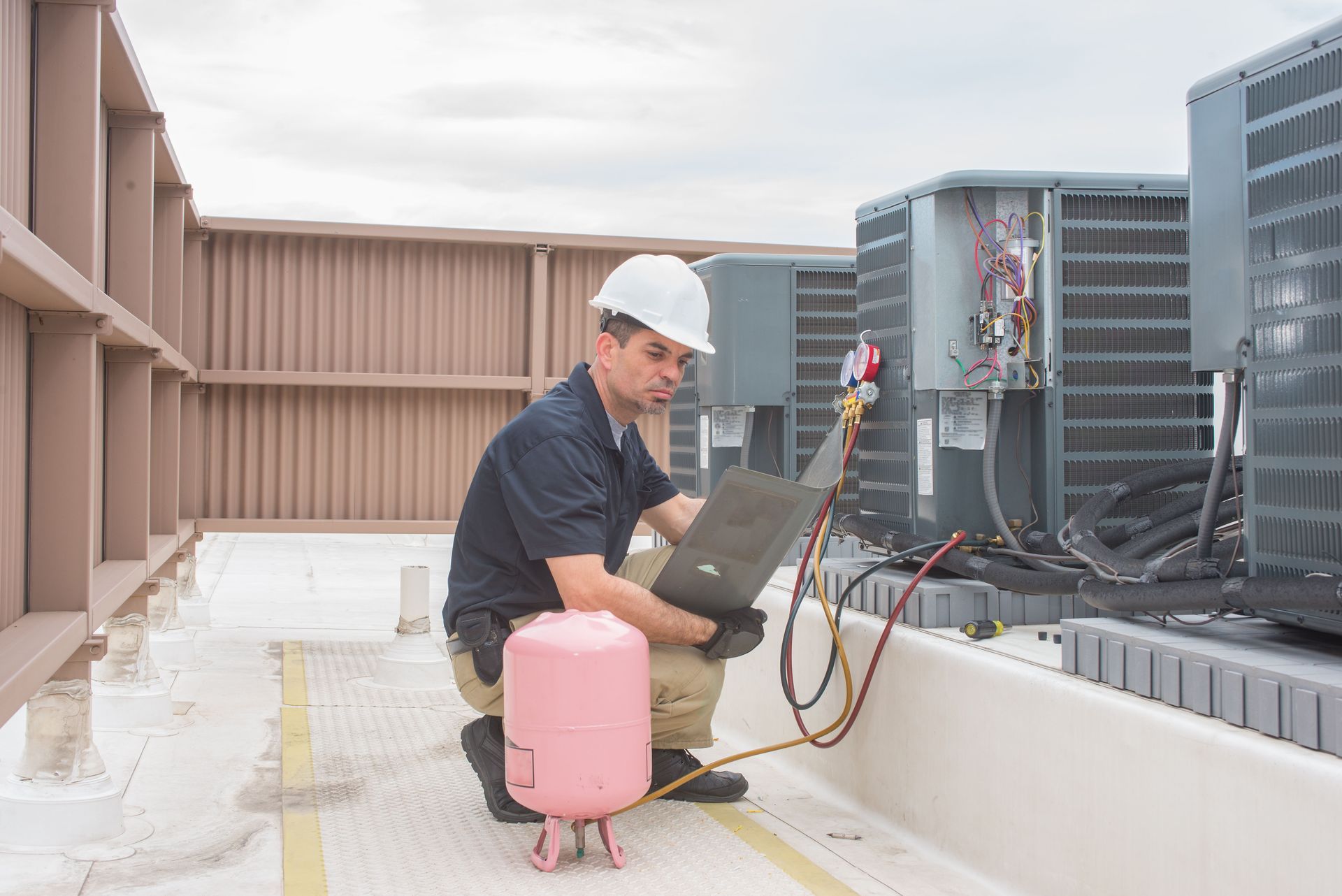
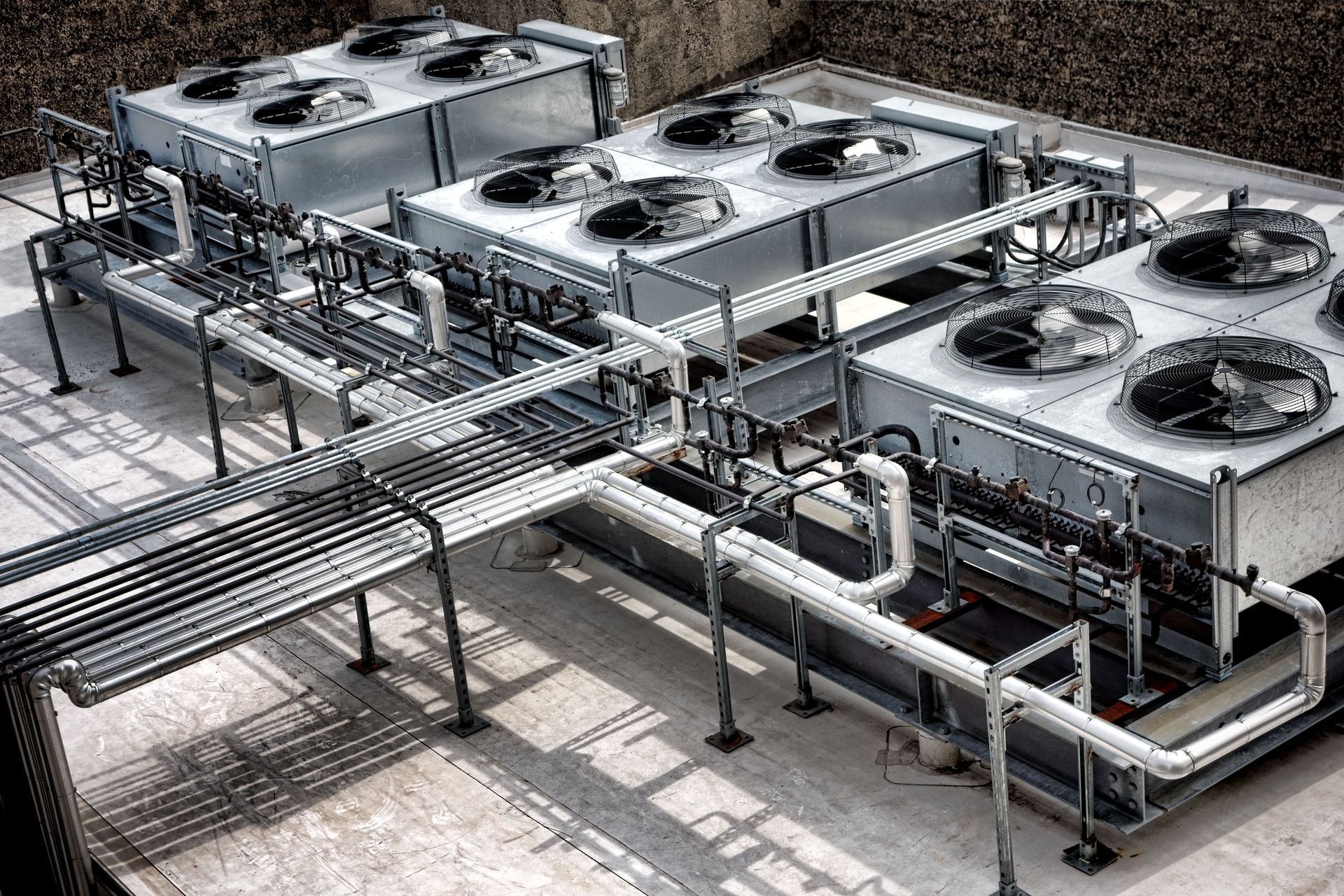
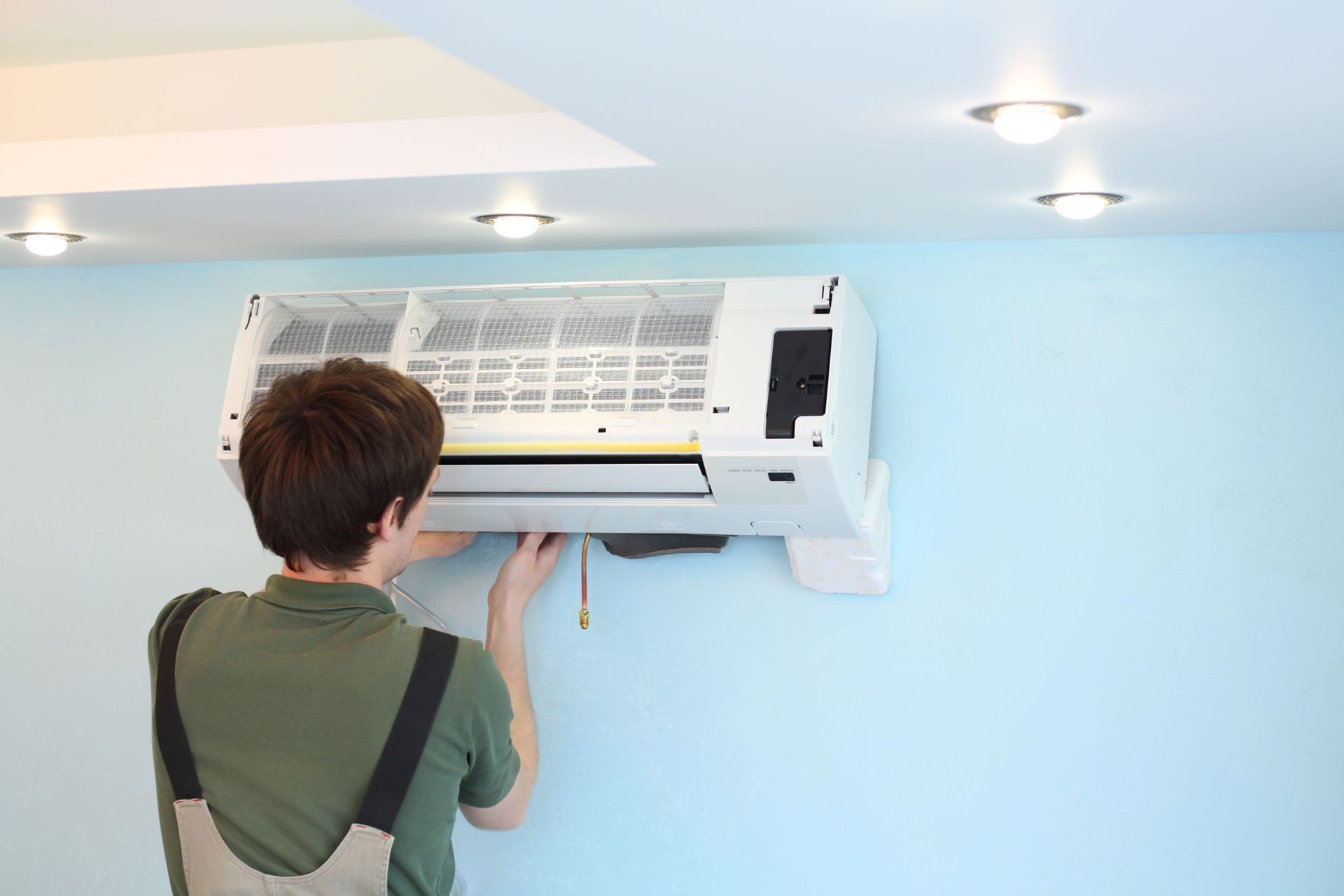
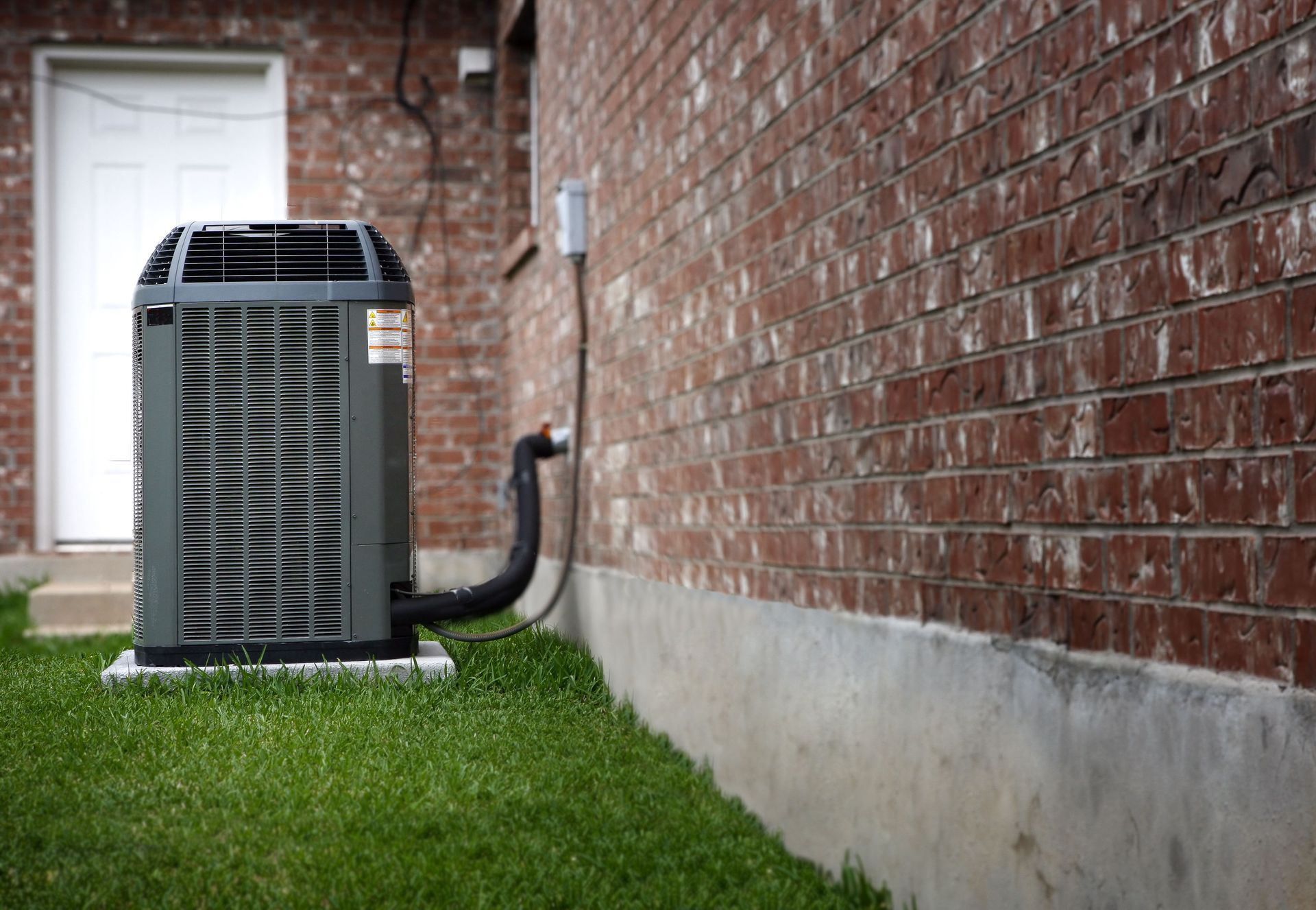
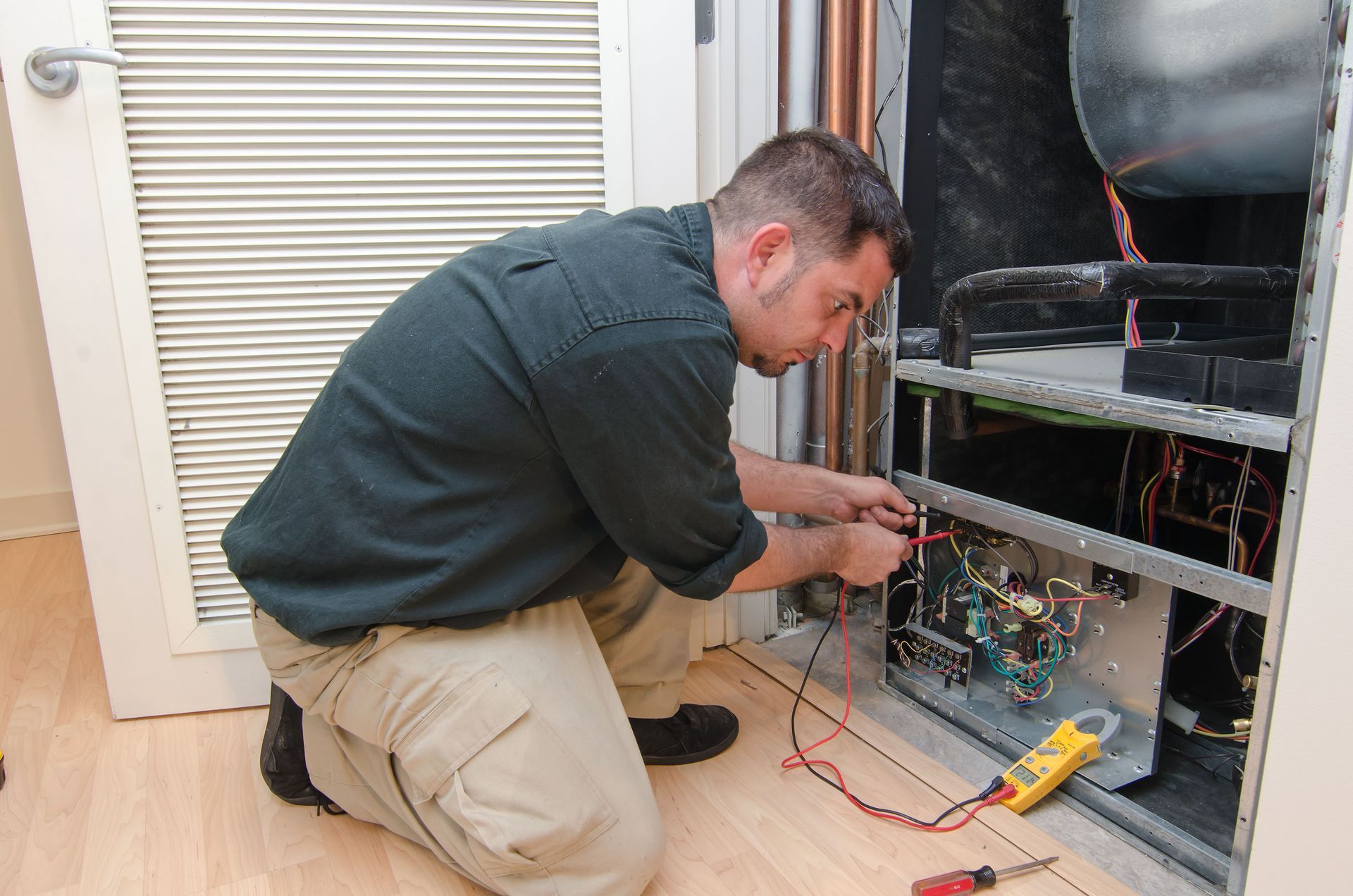
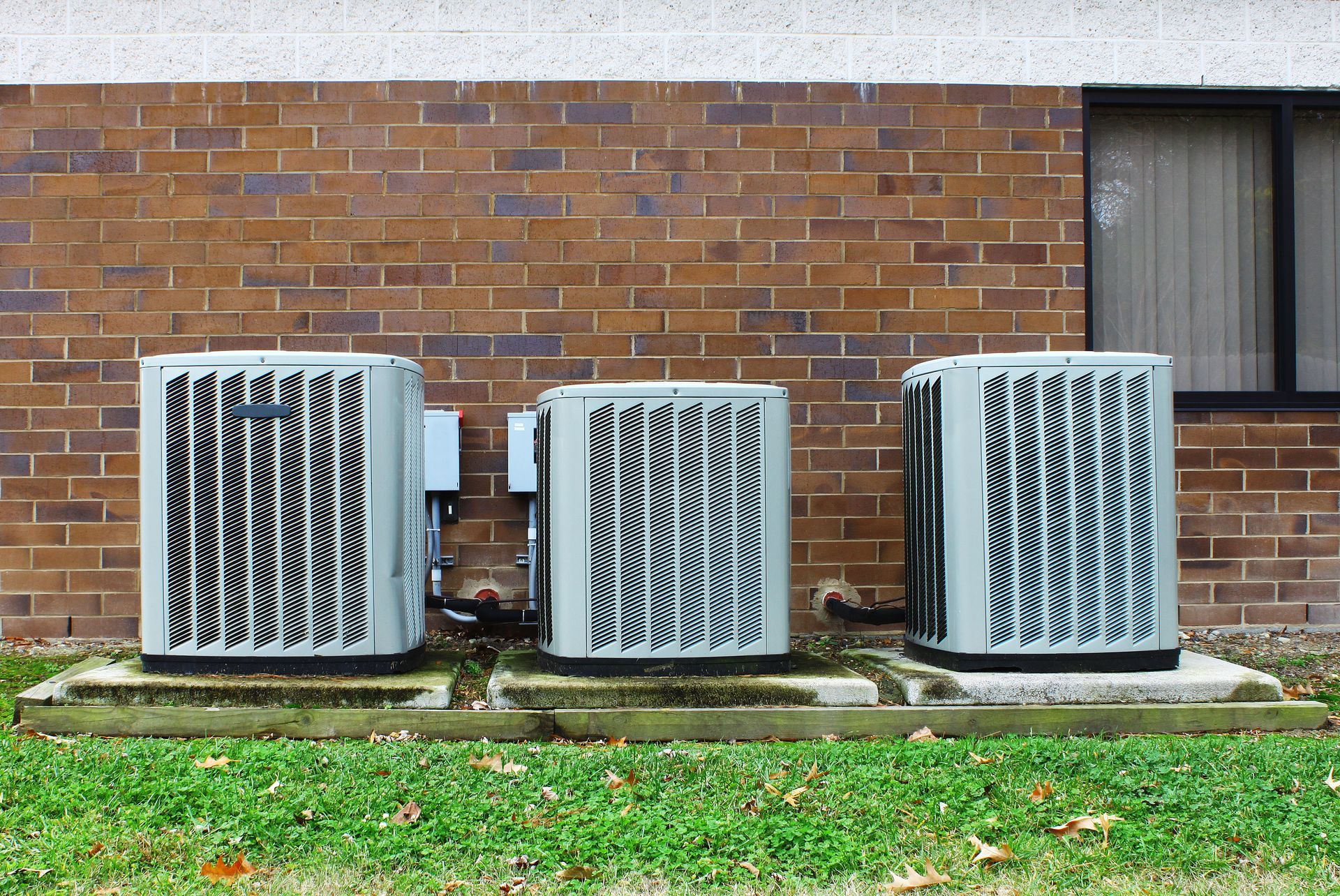
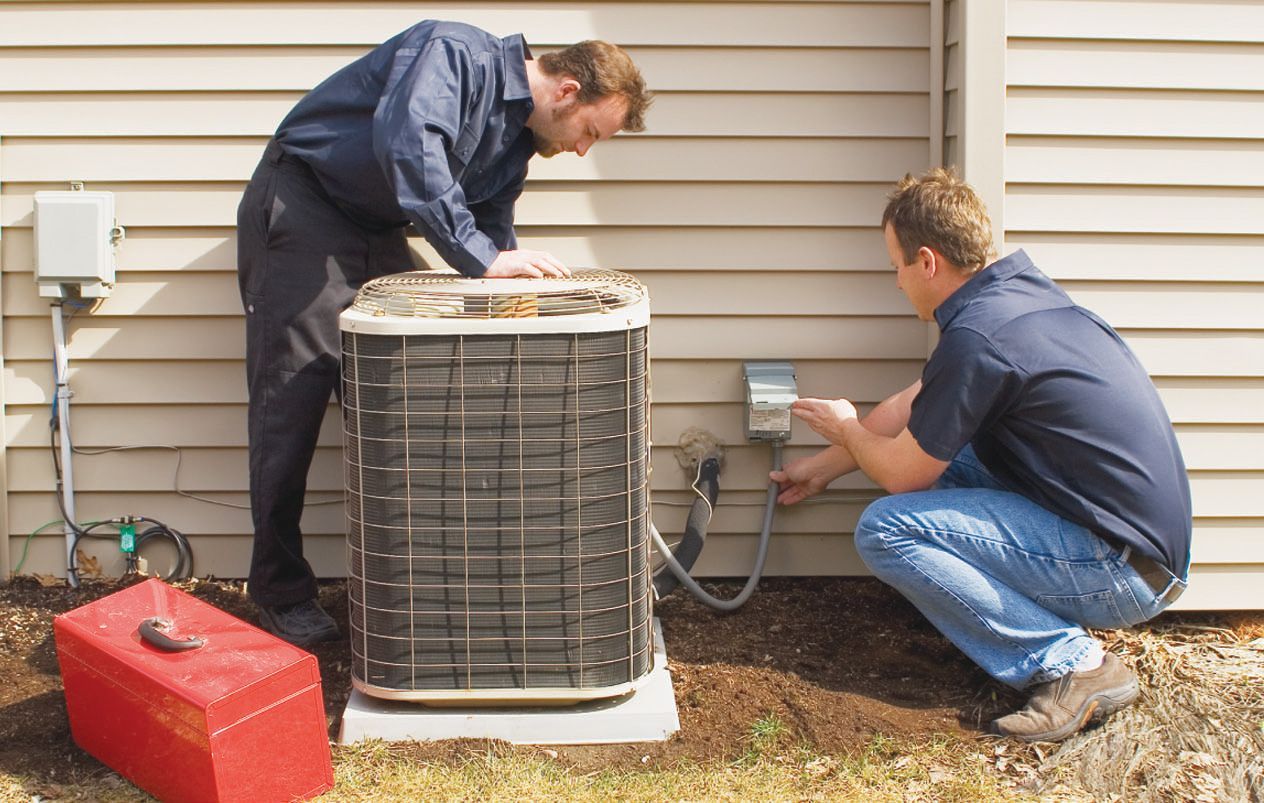
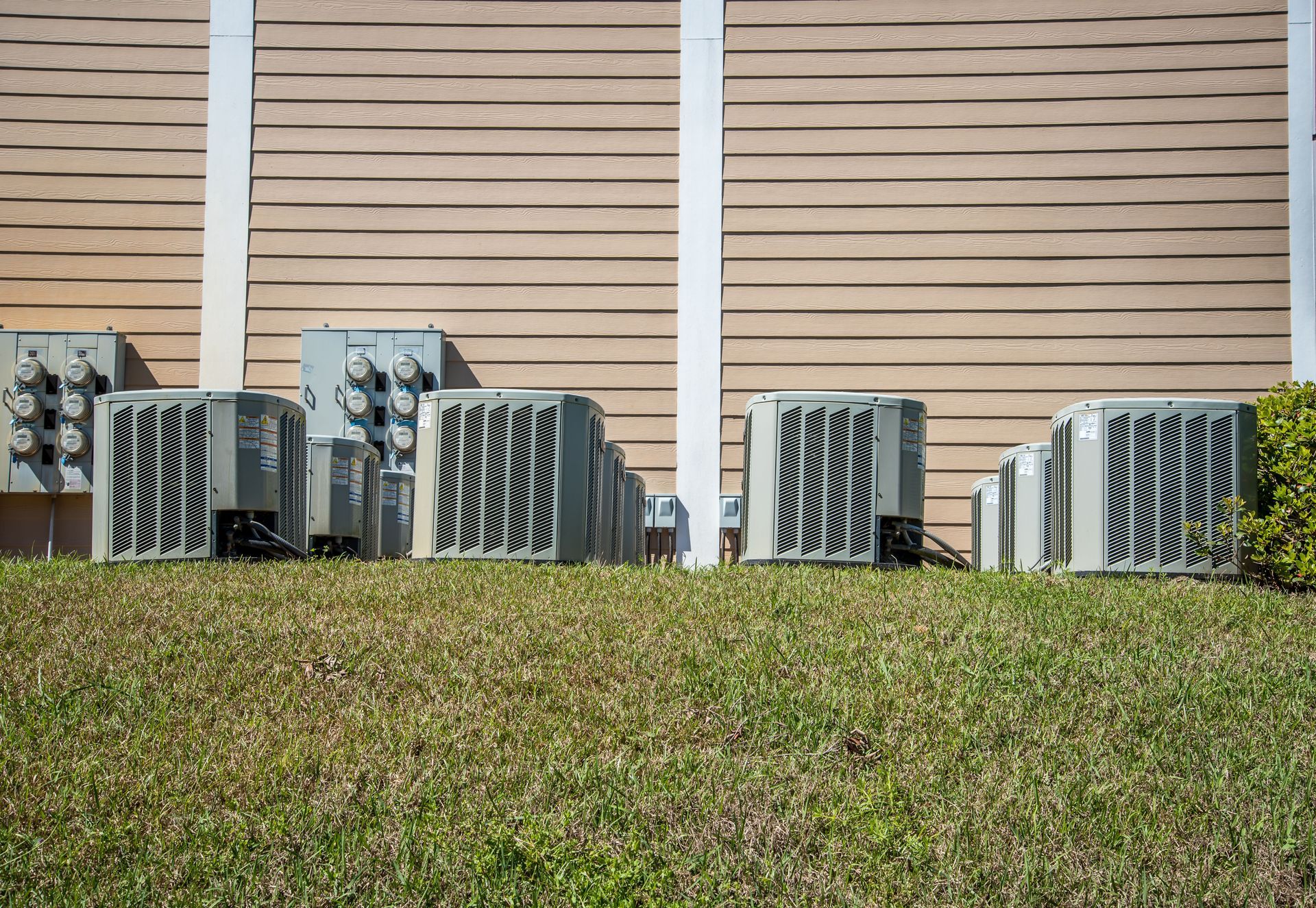
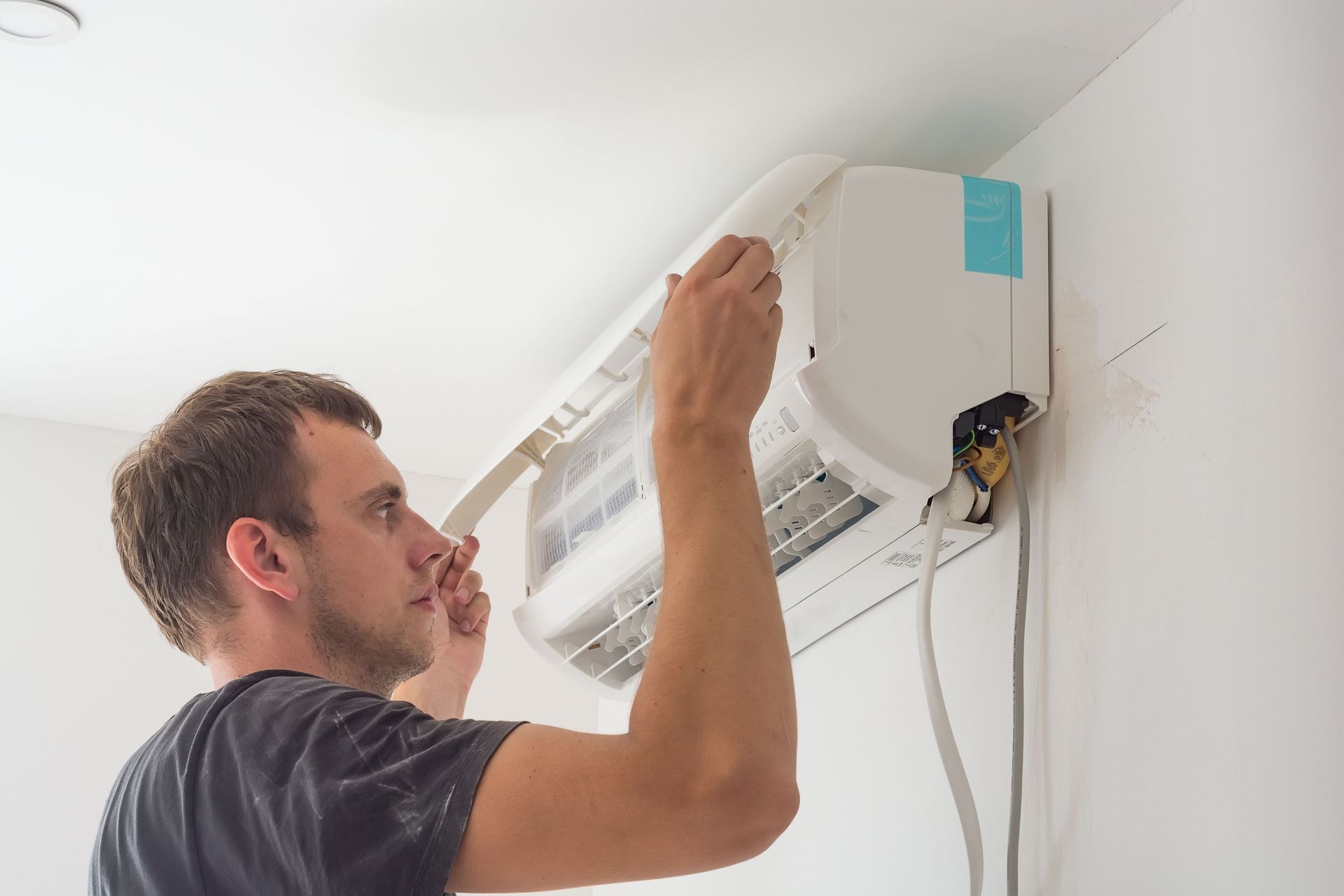
Share On: